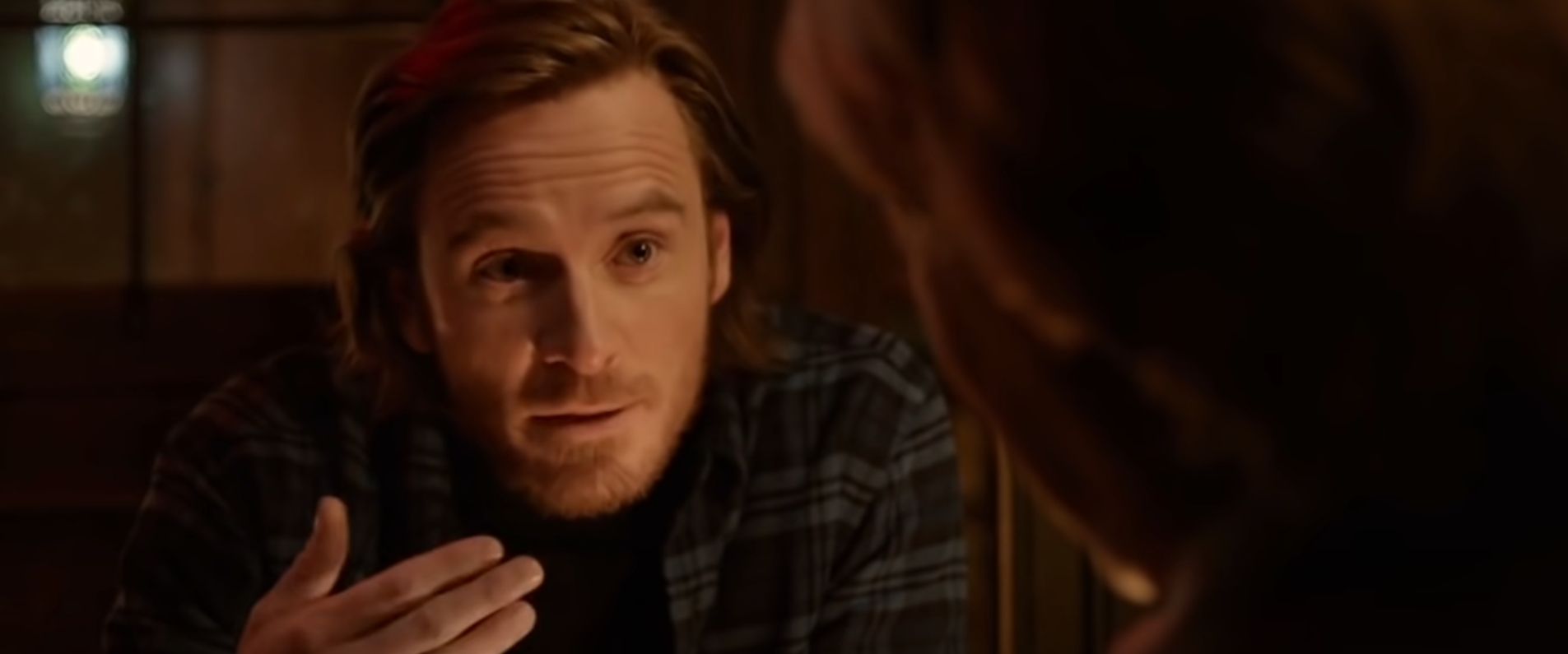Steal everything shiny

Why keep a collection? There’s plenty of reasons. My collection is a source of inspriation, a reservoir of elegant ideas and beautiful language, a trust fall with the artist in my brain that maybe he’s connected dots that I haven’t yet.
Another great reason: Today I read about the “afternoon fun economy,” the post-pandemic growth of recreation during regular working hours. This was a New York Times article, so lots of golf.
I thought to myself, “Wait, didn’t I recently read about a study debunking the ‘happiness tops out at $75k‘ idea?” I can find stories about the study (like the one I linked), but I can’t find the specific article I read, which mentioned a sort of conversion between salary and free time. Time off work far outstrips salary after a point in contribuitng to perceived wellbeing, but I can’t find the exact numbers anymore. I wish I had added that fact to my collection.
Plus, somewhere in my liked TikToks is a clip of Richard Wolff discussing how profits could be distributed among the working class as free time, which in turn could contribute to their wellbeing more than a nominal pay raise. Time is not money — time is far more valuable. But that clip is as good as gone.
In other words, don’t be a conscientious collector: archive everything in terms you understand. Steal everything shiny.
Steal everything shiny Read More »



